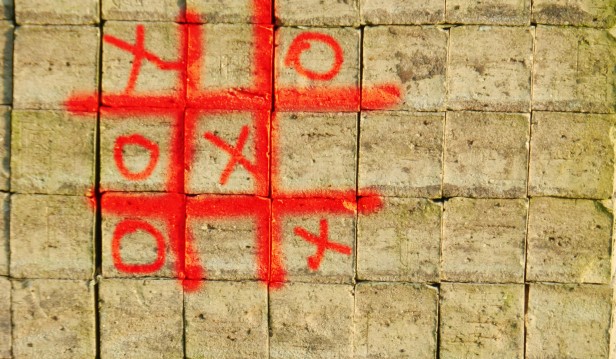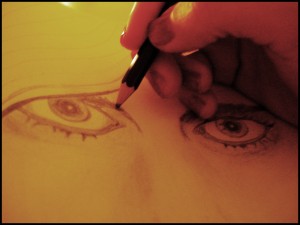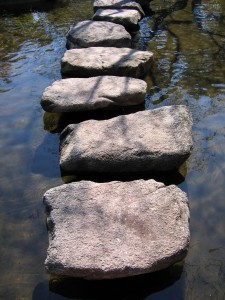How To Know When to Quit Working on A Piece of Art

“When is my work of art complete?”
This is perhaps the most important question for any artist, of any medium!
I once started a sketch that was my best ever. Then I changed the eyes of the subject to be farther apart. Next, I changed them to be closer together. That action affected the nose and made it look too wide with the new lines. I erased the eyes and the bridge of the nose…right through the paper down to the work table. This post is for anyone who has reached a point that they loved something they have created and then tried to improve on it, only to find they should have quit while they were ahead because, in their eyes, it was ruined.
The beginning of creating an artwork is just as scary as coming to the end. I can get anxiety that a piece I am working could be “ruined” by overworking the drawing or painting, not being able to figure out what is not right, or the feeling I may have to start over from the beginning. Thankfully, the feeling of knowing when to stop does get easier to identify as you become more experienced. Sometimes it’s best to take a rest if you have been working the same piece for months, hours, or days. Looking at it through fresh eyes can make a big difference.
You can try holding your hand up to block sections from your view to see more directly each area you feel may have a problem. Sometimes I hold my work in front of a mirror to change my perspective. I also think about which stage of the creation that’s bothering me.
Looking back to the first point I wasn’t entirely pleased with can help me to find a place to begin corrections. Learning to accept that art is a process and that nothing is perfect is a lesson professional artists learn. Knowing that some people will not understand their work and will criticize it, they continue to put their work out there anyway. Professionals know that the sooner they finish a work, the sooner they will get to start working on a new piece!
Now, I consider each work not as a destination, but as a stepping stone along my journey.
I am getting better at knowing when to quit. I also pay attention to how deeply I erase to avoid putting holes in my sketch paper, and that was a solid stepping stone!
I hope that by sharing my journey with you, I’ve helped or inspired you in some way! If you want to practice these and other skills, an artist in residency program is always a good place to focus and reflect on your work and work habits. Starry Night offers a great residency program; you can read all about it here!


